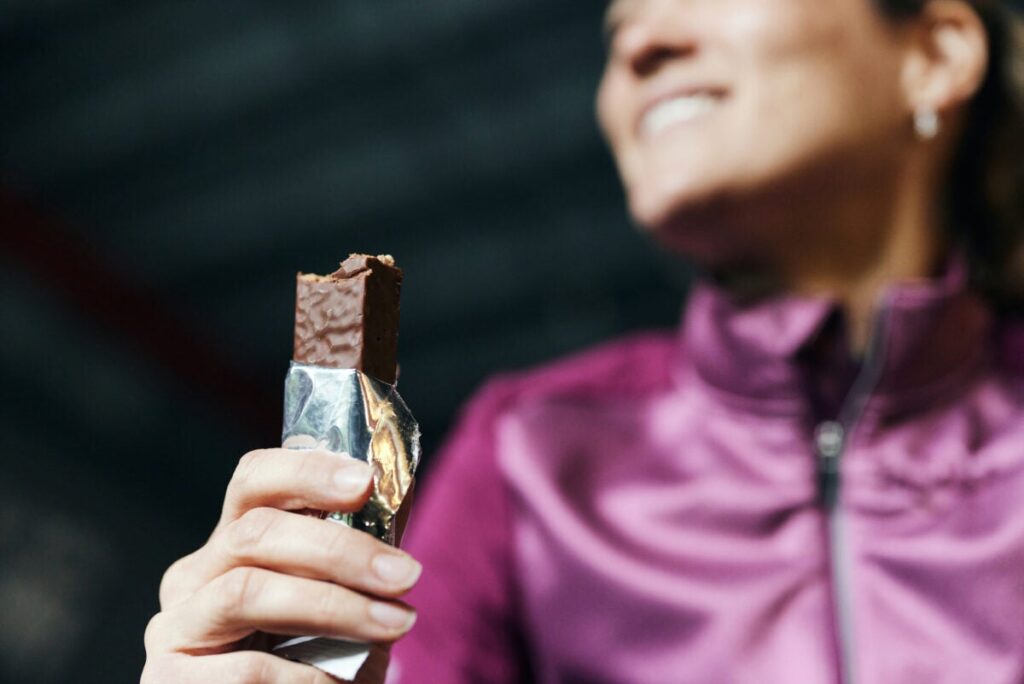Unlock exclusive local running insights with personalized recommendations by
>”,”name”:”in-content-cta”,”type”:”link”}}”>signing up for the Local Running Drop.
Many runners experience gastrointestinal (GI) distress while running, but understanding your dietary triggers can help mitigate these issues. By identifying which foods impact your digestive health, you can harness your nutrition to enhance performance rather than hinder it. This article will cover five categories of foods that are best avoided before a run, along with healthier alternatives that can support your running experience.
1. Steer Clear of Fried and Greasy Foods
Before lacing up your running shoes, it’s crucial to avoid fried or greasy foods. These delectable items often contain high levels of fat, which slows digestion and can lead to discomfort during your run. To avoid feeling weighed down, save those indulgent meals—such as cheese fries or greasy breakfast sandwiches—for after your workout.
2. Opt for Healthy Fats
Instead of greasy foods, consider incorporating healthy fats into your pre-run meal. According to registered dietitian Molly Kimball of Ochsner Fitness Center, healthy fats can be beneficial when consumed in moderation. Foods like a quarter avocado, an egg, or a couple of tablespoons of nut butter can provide a sustained release of energy during your run. These choices break down slower than carbohydrates but can be digested better if kept within reasonable limits.
3. Limit High-Fiber Foods
Carbohydrates are essential for energy; however, cleaning up your pre-run meal by reducing high-fiber foods is vital. Excess fiber can lead to increased bloating and cramping. For example, cereals high in fiber can expand in your stomach, leading to discomfort on the track. Instead, opt for oats, which have a more moderate fiber content, or whole-wheat bread to keep energy levels steady without the GI distress.
4. Avoid Refined Sugars
A study published in the Journal of Science and Medicine in Sports concluded that athletes had superior performance when consuming low-glycemic index (GI) meals over high-GI options. Pre-run snacks that feature natural sugars, such as fruits like apples or berries, are often a better choice. Conversely, refined sugars found in white bread or energy bars can lead to fatigue and diminished performance during runs.
5. Say No to Protein Bars
While convenient, many protein bars are laden with sugar alcohols that can cause bloating and gas—definitely not ideal for a run. For a more digestive-friendly alternative, consider whole food-based snack bars like KIND bars or Rx Bars, which are made with natural ingredients. These options provide portability and energy without the unwanted side effects of traditional protein bars.
6. Avoid Pungent Foods
Spicy foods can enhance your metabolism, but overindulgence can lead to heartburn and indigestion. Foods known to cause discomfort include garlic, onions, and certain cruciferous vegetables such as cabbage and cauliflower. These flavors may linger during your run, creating an unpleasant experience. A simple, bland snack like whole-grain bread with grilled vegetables is a better pre-run selection.
7. Monitor Lactose Intake
Lactose sensitivity varies among runners; some may encounter significant digestive issues post-dairy. Gastrointestinal specialist Mervyn Danilewitz suggests eliminating dairy 24 hours before a run to alleviate potential problems. If you typically consume dairy without issues, feel free to include small amounts. However, if you experience symptoms, consider altering your pre-run meals accordingly.
In conclusion, every runner is unique in their GI functionality and dietary sensitivity. Tracking which foods affect your performance is essential. During training runs, experiment with different pre-run meals while avoiding anything new on race day. By tailoring your diet, you can reach your running potential, minimize discomfort, and enjoy your experience. For more information on managing food intolerances for athletic performance, check out this resource on food intolerances.
